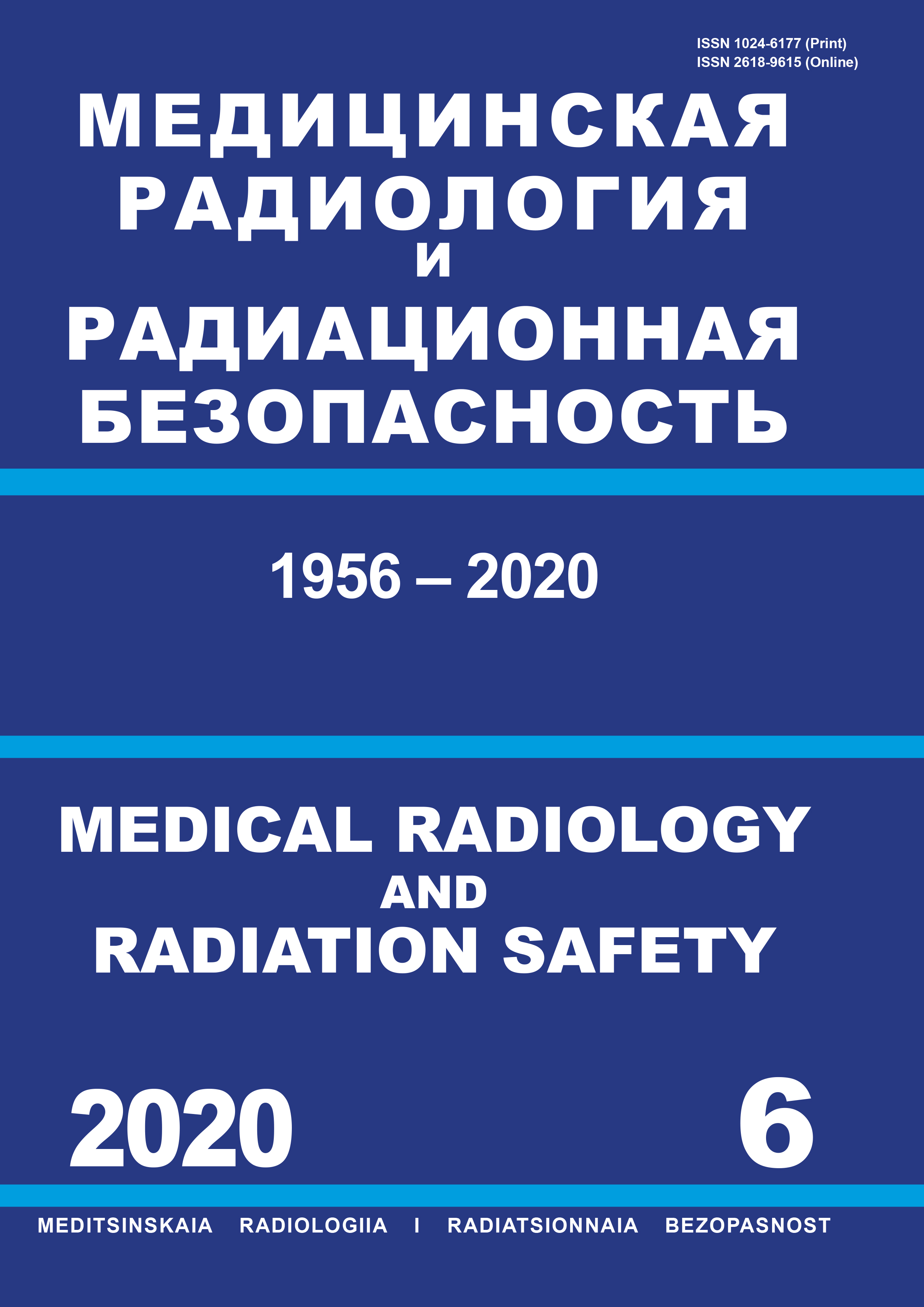В России в настоящее время существует большая потребность в высокотехнологических методах радионуклидной диагностики и терапии. Однако учитывая сравнительно небольшое количество медицинских учреждений, использующих радионуклидные методы диагностики и терапии, особенную актуальность приобретает оказание данного вида медицинской помощи слабозащищенным группам граждан. Отсутствие соответствующих мер судебной и правовой защиты в случае непредоставления данного вида высокотехнологичной помощи является законодательным пробелом.
ядерная медицина, правовое регулирование, слабозащищенные группы граждан.
1. Kumar A. Kireev V.S. Overview of the Russian nuclear medicine market, Basic research. 2018. 2: 134-138. (in Russian).
2. URL: https://мвд.рф/reports/item/19007735 (in Russian).
3. URL: https://sfri.ru/analitika/chislennost/chislennost (in Russian).
4. URL: http://www.pfrf.ru/opendata~7706016118-strength (in Russian).
5. Federal Law, 21 November 2011, № 323-FZ “On the Principles of Health Protection of Citizens in the Russian Federation”. Collection of the Legislation of the Russian Federation. 2011:48:6724. (in Russian).
6. Order of the Ministry of Health and Social Development of Russia, 26 April 2012, № 406n “On Approving the Procedure for a Citizen to Choose a Medical Organization When Providing him with Medical Care under the State Guarantee Program for Free Medical Assistance to Citizens”. (in Russian).
7. Federal Law, 12 January 1995, № 5-FZ “On Veterans” (in Russian).
8. Order of the Department of Health of Moscow, 17 April 2017, № 289 “On the organization of referral of patients for positron emission tomography combined with x-ray computed tomography” (in Russian).
9. Guidelines for the conduct and description of PET/CT studies with 18F-fluorodeoxyglucose perfirmed at the expense of framework of the territorial program of Moscow. 2017. (in Russian).





